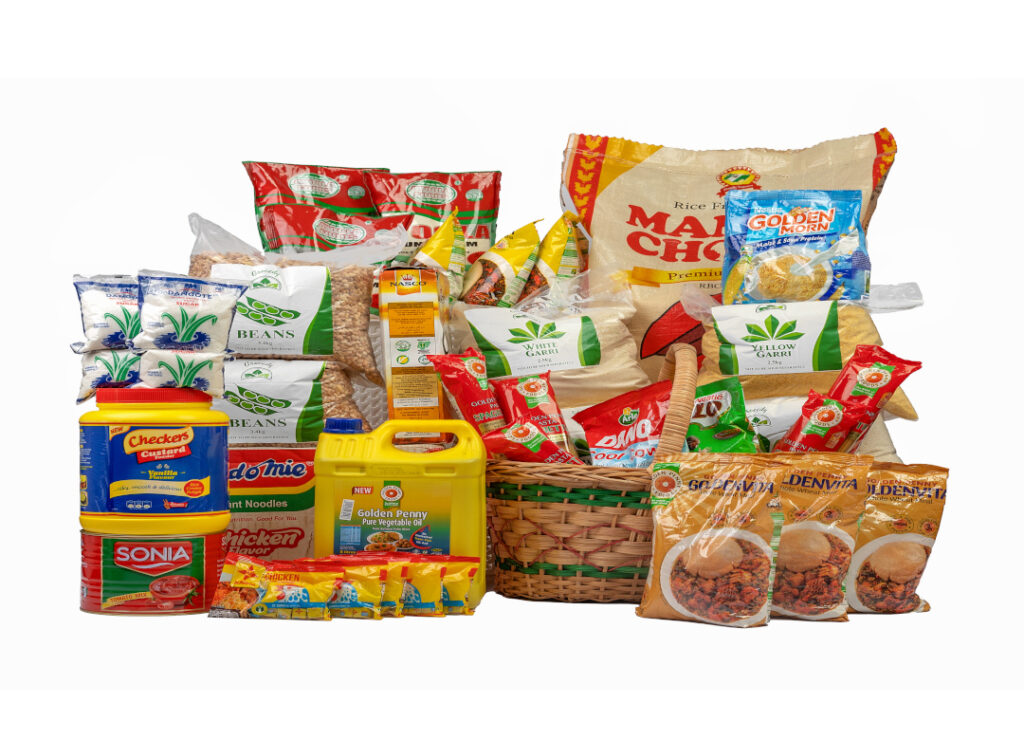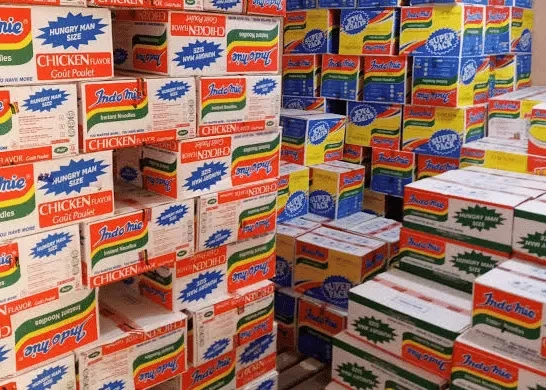A Comprehensive List of Provision Items to Stock Up On in Nigeria: How to Start a Supermarket Business.

Starting a supermarket business in Nigeria can be a lucrative business, due to the country’s large and growing population. With the right strategy and a well-stocked inventory, you can create a successful supermarket that meets the needs of your community. One of the key factors in running a successful supermarket is knowing which provision items to stock up on. This comprehensive guide will help you understand what items to include and how to set up your supermarket for success.
Understanding the Market
Before diving into the list of provision items, it’s crucial to understand the Nigerian market. Nigeria is a diverse country with various cultures, tastes, and preferences. Conduct thorough market research to identify the needs of your target audience. Visit existing supermarkets, talk to potential customers, and observe shopping patterns to get a clear picture of what sells well.
Key Factors to Consider:
- Location: Choose a strategic location with high foot traffic and easy accessibility.
- Competition: Analyze your competitors to identify gaps in the market that you can fill.
- Customer Preferences: Understand the local tastes and preferences to tailor your inventory accordingly.
How To Start A Supermarket Business In Nigeria
Setting up a supermarket involves more than just stocking shelves. Here are some essential steps to follow:
1. Business Plan
Create a detailed business plan outlining your goals, target market, marketing strategies, and financial projections. A solid business plan will guide you through the startup phase and help attract investors if needed.
2. Legal Requirements
Register your business with the Corporate Affairs Commission (CAC) and obtain necessary licenses and permits from local authorities. Ensure compliance with health and safety regulations to avoid legal issues.
3. Secure Funding
Determine the startup capital required and explore funding options such as personal savings, bank loans, or investors. Budget for expenses like rent, utilities, inventory, staff salaries, and marketing.
4. Choose a Location
Select a location that is convenient for your target market. Consider factors such as proximity to residential areas, parking availability, and visibility from major roads.
5. Design and Layout
Design your supermarket layout for maximum efficiency and customer convenience. Arrange shelves, aisles, and checkout counters to create a pleasant shopping experience. Use attractive signage and lighting to enhance the store’s appeal.
6. Hire Staff
Recruit and train staff to ensure excellent customer service. Hire individuals who are knowledgeable, friendly, and efficient. Offer training programs to improve their skills and keep them motivated.
Comprehensive List of Provision Items to Stock Up On
Stocking the right items is crucial to the success of your supermarket. Here’s a comprehensive list of provision items to consider:
1. Food and Beverages
Staple Foods
- Rice
- Beans
- Garri (Cassava flakes)
- Yam
- Pasta
- Flour (Wheat, Semovita, etc.)
Canned and Packaged Goods
- Canned tomatoes
- Baked beans
- Sardines and mackerel
- Instant noodles
- Breakfast cereals
- Spaghetti and macaroni
Dairy Products
- Milk (Powdered and liquid)
- Cheese
- Butter and margarine
- Yogurt
Beverages
- Soft drinks
- Juices
- Bottled water
- Tea and coffee
- Energy drinks
Snacks
- Biscuits and cookies
- Chocolates and candies
- Chips and crackers
- Popcorn
2. Fresh Produce
Fruits
- Bananas
- Oranges
- Apples
- Pineapples
- Watermelons
Vegetables
- Tomatoes
- Onions
- Peppers
- Carrots
- Spinach
3. Frozen Foods
- Frozen chicken
- Fish
- Sausages
- Frozen vegetables
- Ice cream
4. Bakery Items
- Bread (Various types)
- Cakes and pastries
- Doughnuts
- Bread rolls
5. Household Essentials
Cleaning Supplies
- Detergents (Liquid and powder)
- Bleach
- Disinfectants
- Toilet cleaners
Toiletries
- Toilet paper
- Toothpaste and toothbrushes
- Soap and shower gel
- Shampoo and conditioner
- Sanitary pads and tampons
6. Personal Care Products
- Skincare products (Creams, lotions, etc.)
- Haircare products (Relaxers, oils, etc.)
- Deodorants and perfumes
- Shaving products
7. Baby Products
- Baby formula
- Diapers
- Baby wipes
- Baby food
- Baby lotions and powders
8. Miscellaneous Items
- Pet food
- Stationery
- Small kitchen appliances (Kettles, blenders, etc.)
- Batteries
- Light bulbs
Marketing Your Supermarket
Marketing plays a crucial role in attracting and retaining customers. Implement effective marketing strategies to promote your supermarket:
1. Grand Opening
Host a grand opening event with discounts and promotions to attract initial customers. Offer free samples and create a festive atmosphere to draw people in.
2. Loyalty Programs
Introduce loyalty programs to reward repeat customers. Offer discounts, points, or special offers to encourage customer retention.
3. Online Presence
Create a website and social media profiles to reach a broader audience. Use online platforms to advertise promotions, share updates, and engage with customers.
4. Community Engagement
Get involved in community events and sponsor local activities. This will enhance your supermarket’s visibility and foster goodwill within the community.
5. In-Store Promotions
Run regular in-store promotions and discounts to attract more customers. Offer special deals during festive seasons and holidays to boost sales.
Providing Excellent Customer Service
Excellent customer service is key to building a loyal customer base. Ensure your staff is well-trained and motivated to provide top-notch service. Address customer complaints promptly and always strive to exceed their expectations.
Key Customer Service Tips:
- Politeness: Train your staff to be courteous and friendly.
- Efficiency: Ensure quick checkout processes to avoid long queues.
- Assistance: Provide help with finding items and answering questions.
- Cleanliness: Maintain a clean and organized store environment.
Conclusion
Starting a supermarket business in Nigeria can be a rewarding venture if done correctly. By understanding the market, stocking the right items, and providing excellent customer service, you can build a successful supermarket that meets the needs of your community. Remember, the key to success lies in thorough planning, strategic stocking, effective marketing, and a focus on customer satisfaction. With dedication and hard work, your supermarket can become a go-to destination for shoppers in your area.







